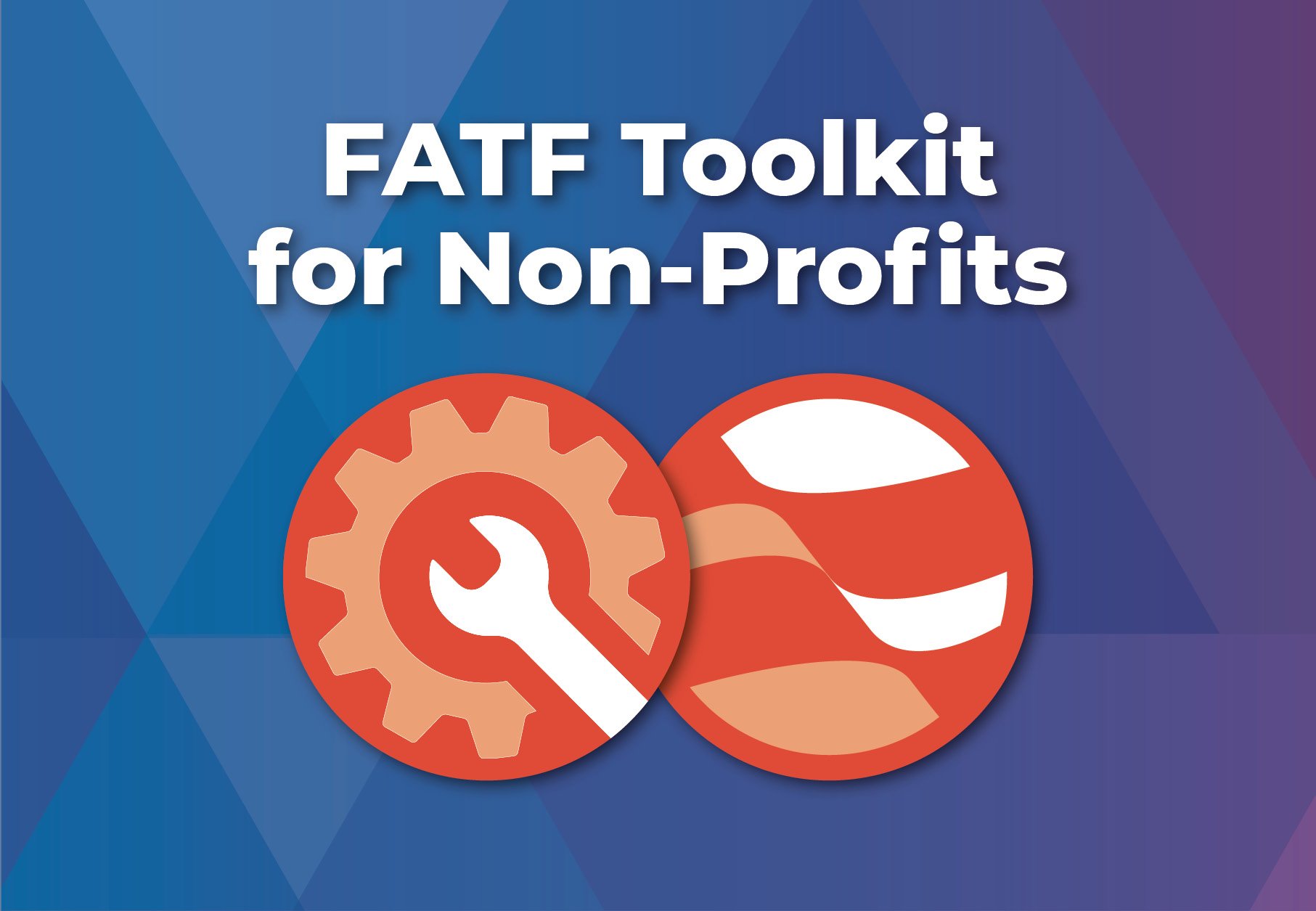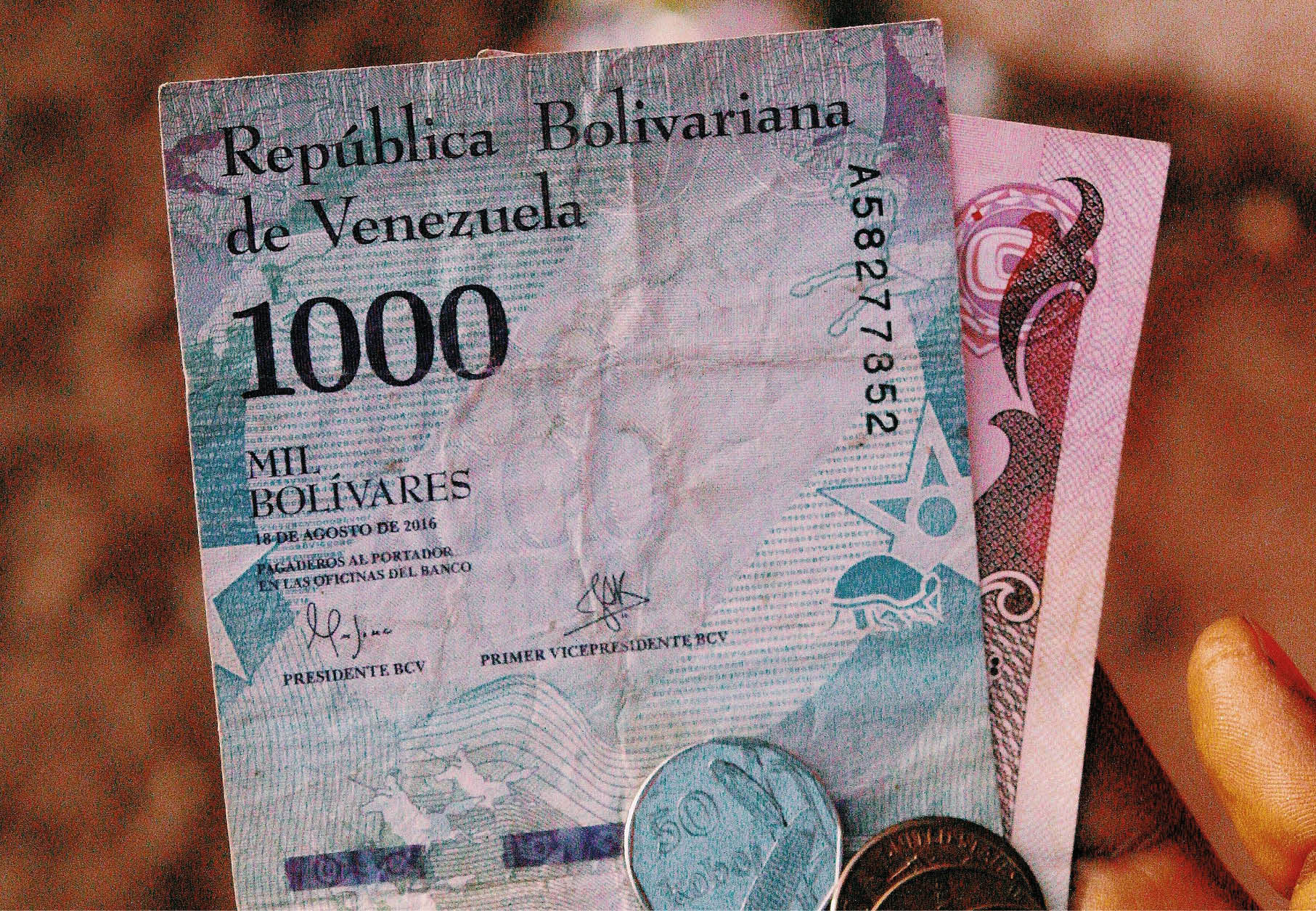Since September 11, 2001, governments have adopted and strengthened measures and agreed on mechanisms to coordinate efforts at the global level. While recognizing the importance of these efforts, ICNL works in cooperation with our partners to promote respect for and inclusion of human rights and fundamental freedoms in policymaking on counterterrorism and security at all levels.
Counterterrorism & Security
We work to ensure that counterterrorism and security measures are consistent with the exercise of fundamental freedoms.
Counterterrorism Regulations & Civic Space
International security experts and multilateral counterterrorism bodies have encouraged states to adopt strong measures to protect against terrorism since 2011. Unfortunately, these measures have sometimes been affected without proper consideration of their impact on human rights and civil society. The result can be an environment in which security concerns are both the pretext and the instrument for restricting civic space, philanthropy, and public participation.
“Soft Law” and Informal Standard-Setting in the Area of Counterterrorism
This 2020 report by the United Nations special rapporteur on the promotion and protection of human rights and fundamental freedoms while countering terrorism Fionnuala Ní Aoláin and Dr. Krisztina Huszti-Orban, addresses the proliferation of new institutions and the “soft” law standards they produce, with a focus on the implications this has for civic space.
Counterterrorism & the Closing of Civic Space
This 2019 report by the United Nations special rapporteur on the promotion and protection of human rights and fundamental freedoms while countering terrorism Fionnuala Ní Aoláin, explores the connection between proliferating multilateral and national counterterrorism efforts and the global trend of closing civic space.
The human rights challenges of states of emergency in the context of countering terrorism
This 2018 United Nations report examines international law pertaining to states of emergency aimed at countering terrorism and analyzes their impact on human rights.
The Role of Measures to Address Terrorism and Violent Extremism on Closing Civic Space
This 2018 report from the University of Minnesota Human Rights Center assesses the link between measures to address terrorism and violent extremism and the closing of civic space. It builds on two previous reports by the United Nations special rapporteur on the promotion and protection of human rights and fundamental freedoms while countering terrorism.
The Role of Human Rights in Countering Violent Extremism
This 2015 report from Human Rights First emphasizes the role of the United States in encouraging states to implement security policies that recognize and protect good governance, the rule of law, and respect for human rights.
Impact, Legitimacy, & Effectiveness of EU Counterterrorism
These collected essays assess the European Union’s counterterrorism efforts and propose a number of useful recommendations.
The Financial Action Task Force
The Financial Action Task Force is the main intergovernmental body setting international standards to prevent money laundering and the financing of terrorism. Among the FATF guidelines, Recommendation 8 specifically addresses the regulation of civil society organizations. Civil society actors should understand the FATF guidelines, given their global influence and the risk that states can introduce excessive, unjustified restrictions in FATF’s name.
FATF Recommendation 8
Recommendation 8 and its interpretive note describe the ways in which countries should counter the financing of terrorism in the nonprofit sector. Recommendation 8 should be read in conjunction with Recommendation 1 and its interpretive note, which explains FATF’s risk-based approach to countering money laundering and terrorist financing.
Civil Society & FATF Toolkit
This ICNL produced toolkit provides a comprehensive overview of how state obligations under anti-money laundering and counter-terrorism financing laws, standards, and procedures recommended by FATF can impact civil society organizations. Available in Spanish and English.
Best Practices on Combating the Abuse of Nonprofit Organizations
This 2015 paper from the FATF Secretariat provides guidance for the ways that governments and civil society organizations can protect the sector from abuse by terrorists.
Mutual Evaluation Procedures & Methodology
In 2019, FATF laid out a process for conducting the fourth round of mutual evaluations of its members. Two relevant documents—the FATF Recommendations and the Methodology for Assessing Compliance—are crucial to understanding FATF’s approach to monitoring state compliance and ensuring that the regulation of civil society is risk-based, focused, and proportionate.
How Can Civil Society Effectively Engage in Counter-Terrorism Processes
This 2018 paper from ECNL and the Human Security Collective provides guidance to CSOs wishing to engage in the FATF country evaluation process.
The Obscure Global Organization That’s Unwittingly Undermining Civil Society
This 2015 op-ed by Iva Dobichina argues that countries that implement FATF guidelines risk legitimizing the repression of civil society organizations.
Involving Non-profit Organizations in the FATF Evaluation Process
This 2015 paper from ICNL, European Foundation Center, and Human Security Collective examines ways in which civil society organizations can take part in the FATF evaluation process, with three case studies from Europe.
Illustrative List of Overregulation of Nonprofit Organizations
This list categorizes the ways that states can overregulate civil society organizations if they misinterpret, misapply, or misuse the FATF guidelines, especially Recommendation 8.
The impact of International Counterterrorism on Civil Society Organizations
This 2017 report discusses the implications of FATF guidelines for civil society organizations and recommends steps that CSOs and others can take to address their problematic aspects.
Banking and Financial Regulations
States, banks, international financial institutions, and other actors have intensified their anti-money laundering efforts and measures to counter the financing of terrorism (AML/CFT). These efforts include “de-risking,” which occurs when banks and other institutions seek to avoid the regulatory risk associated with AML/CFT by denying services or imposing conditions on clients. Civil society often experiences the side effects of de-risking, which can be severe and in some cases, forces organizations to cancel programs or cease operations. De-risking can result in the closure of CSOs’ bank accounts, difficulty accessing international funding, and burdensome reporting and due-diligence requirements.
Untangling a Marriage of Convenience: Anti-Money Laundering & Countering the Financing of Terrorism
This 2019 report from the Global Center on Cooperative Security examines the history, structure, and effectiveness of the international AML/CFT framework.
Understanding the Drivers and Impact of ‘Derisking’ on Civil Society Organizations
This 2018 report from ECNL and the Human Security Collective examines the phenomenon of “de-risking” and its relationship to AML/CFT measures, the United Nations Sustainable Development Goals, and other global policies. Included are case studies from Brazil, Mexico, and Ireland.
Banking Nonprofit Organizations – The Way Forward
This 2019 paper from the Consortium for Financial Access discusses the ways in which security-focused regulation of the financial sector results in adverse “de-risking” of civil society organizations. Recommendations include steps for addressing this problem.
Counterterrorism & the UN
Blue Sky IV: Clouds Dispersing?
This 2018 report published by the Global Center on Cooperative Security assesses the United Nations’ counterterrorism efforts and recommends measures to improve them, including more extensive engagement with civil society.
The United Nations Counterterrorism Complex: Bureaucracy, Political Influence, Civil Liberties
This 2017 report by the International Federation for Human Rights analyzes the structure of the United Nations counterterrorism bureaucracy and the support it receives from member states, which influence the UN’s approach to civil liberties.
UN Security Council Resolution 1373
This resolution adopted by the United Nations Security Council after 9/11 mandates that “all States shall . . . [p]revent and suppress the financing of terrorist acts.”
All Counterterrorism & Security Related Resources
Explore our full resource collection, which includes reports, legal analysis, and curated collections of materials covering an array of issues impacting civic space around the world.
Sign up for our newsletters
Sign up


